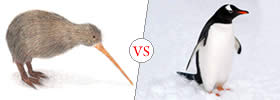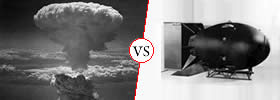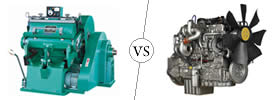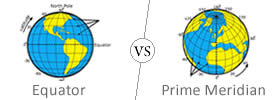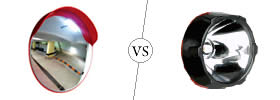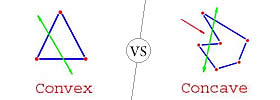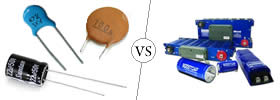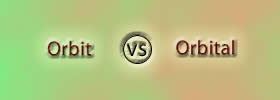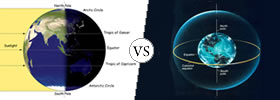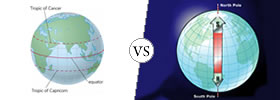Science & Mathematics
|
Convex refers to a curvature that extends outwards, whereas non-convex refers to a curvature that extends inward. Non-convex is also referred to as concave. |
|
Kiwi and Penguins are the flightless birds. Kiwi belongs to Apterygidae Family in the Animalia Kingdom. There are five known species of kiwi, as well as a number of subspecies. Penguins are the group of aquatic flightless birds living in the Southern hemisphere. They are carnivores, and they feed on mainly zooplankton including squids, crustaceans, and fish. |
|
A nuclear bomb means a bomb that performs a nuclear reaction; and an atomic bomb is a nuclear weapon that uses the energetic output of nuclear fission to produce massive explosions. |
|
Machines consume energy produced by the engines. |
|
Mechanically, equipments are required to design the machines. A machine is a tool, which is used to operate any task, whereas equipment is a set of tools necessary for a particular purpose. |
|
Concave is used to describe an entity having an outline that curves inwards. On the other hand, convex is used to describe an entity having an outline or surface that bulges out. The terms are used as adjectives to describe lens, mirrors, polygons, etc. |
|
<p>The equator is the imaginary circle that draws a line between the Northern hemisphere and Southern hemisphere. It is the point from where the latitude is calculated. In other words, the equator is at 0° latitude. The prime meridian is the vertical line that marks the zero degree longitude measurement on the globe of Earth and intersects the latitude lines that are horizontal.</p>
|
|
<p>Concave and convex are two classes of spherical mirrors. A concave mirror is a spherical mirror in which the reflecting surface and the center of curvature fall on the same side of the mirror. On the other hand, a convex mirror is a spherical mirror in which the reflecting surface and the center of curvature lie on the opposite sides of the mirror. </p>
|
|
A polygon whose all interior angles are less than 180 degrees is known as a convex polygon. On the other hand, a polygon with one or more interior angles greater than 180 degrees is referred to as a concave polygon.
|
|
Capacitor is a device that is used to store an electric charge. It stores a charge in the form of an electrostatic field. An ultracapacitor is also known as a supercapacitor or double-layer capacitor. An ultracapacitor tends to differ from an ordinary capacitor due to its very high capacitance. Ultracapacitors have characteristics intermediate between general capacitors and batteries. |
|
Mechanical Engineering is a branch of engineering involving the design, construction and operation of machinery. On the other hand, Automotive Engineering specifically deals with the construction and design of automobiles. Automotive Engineering is a sub branch of vehicle engineering. Automotive engineering can be considered as a sub-branch of mechanical engineering that has split from the main branch focusing on the automotive field of study. |
|
Humans are basically animals, who differ in various contexts from other animals. One of such drastically considered context is the intellectual system, that is humans have a well developed brain (intelligent system) than animals.
|
|
An orbit is a curved path that is taken by an object around a star, planet, moon, etc. An orbital is a shape resulting in the combination of all probable orbits. It is an indecisive region inside an atom within which the possibility to find an electron(s) is highest. |
|
The Earth is rotating on its axis (counter-clockwise when analyzed from above the North Pole or west-to-east as analyzed from above the Equator). A pole consists of two points: North Pole and South Pole. The North Pole lies 90° on the north of the equator and the South Pole lies 90° on the south of the equator, respectively. |
|
The equator is the point from which the latitude is calculated. In other words, it is the 0° latitude line. A pole consists of two points: North Pole and South Pole. The North Pole lies 90° on the north of the equator and the South Pole lies 90° on the south of the equator. |
Pages
 |
 |
 |
 |
 |
 |
 |
 |


